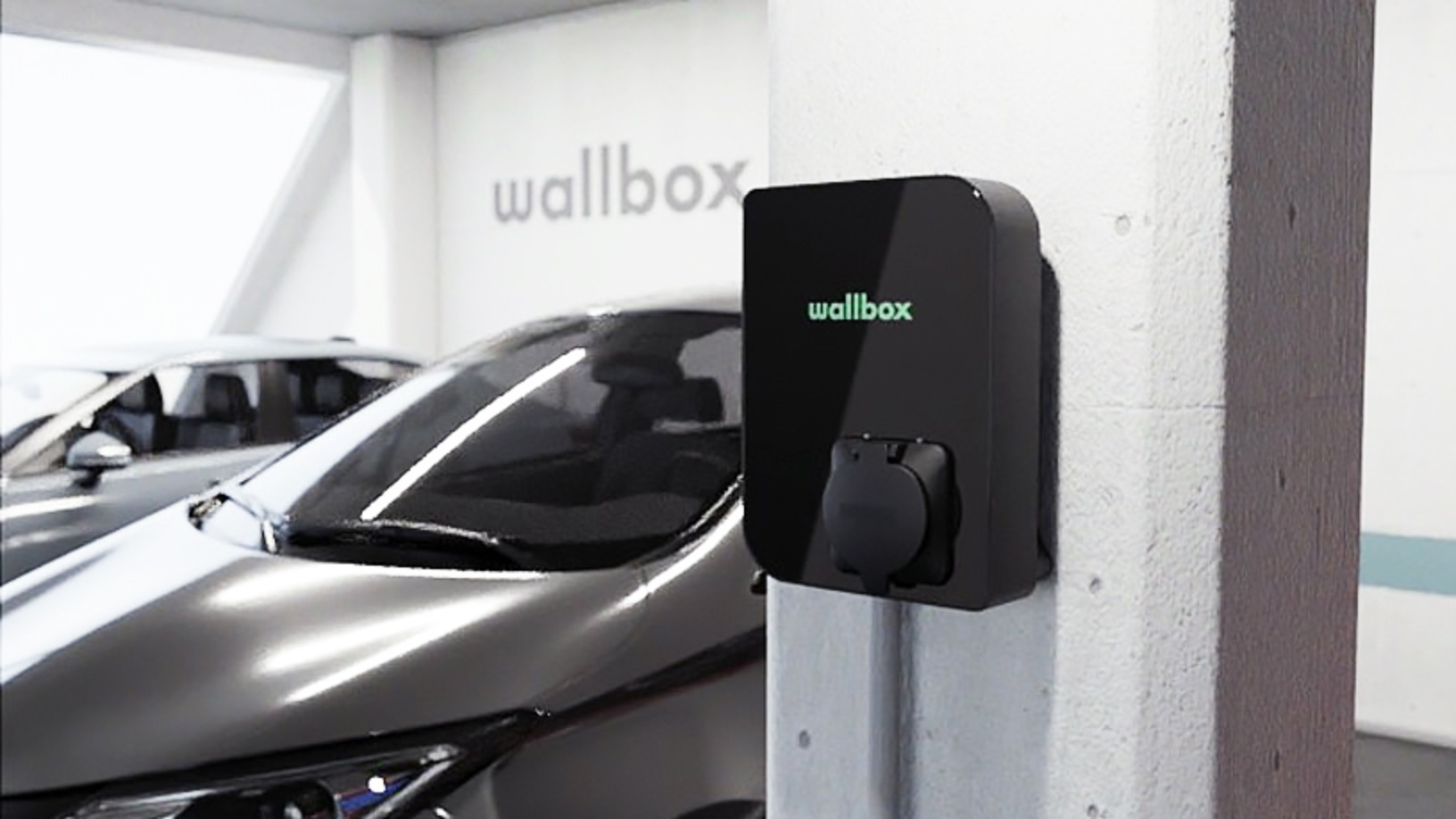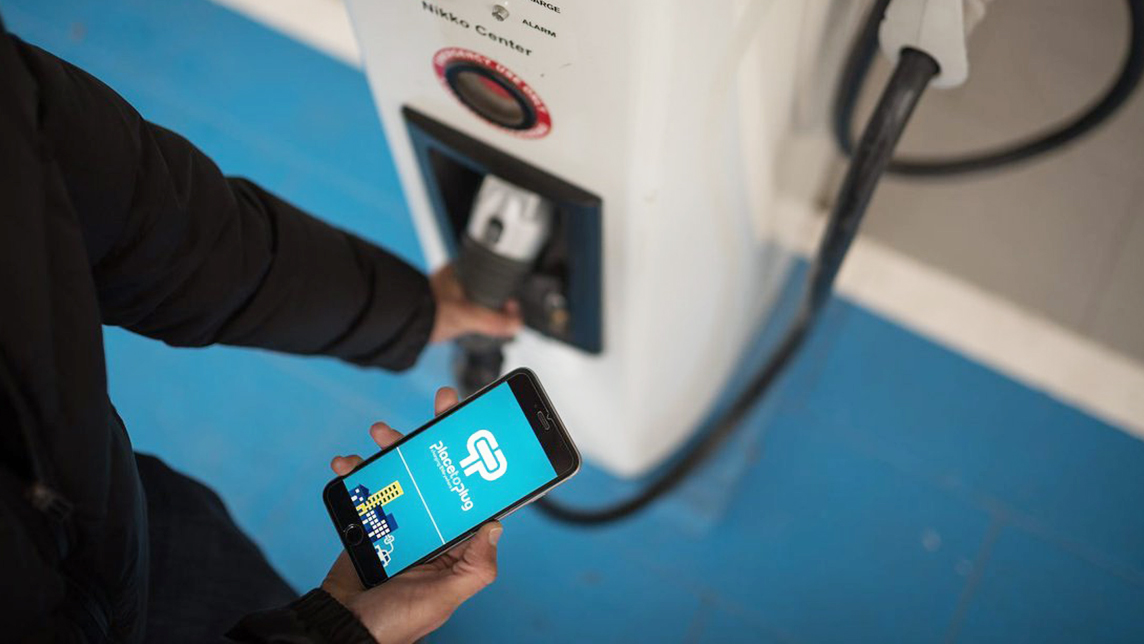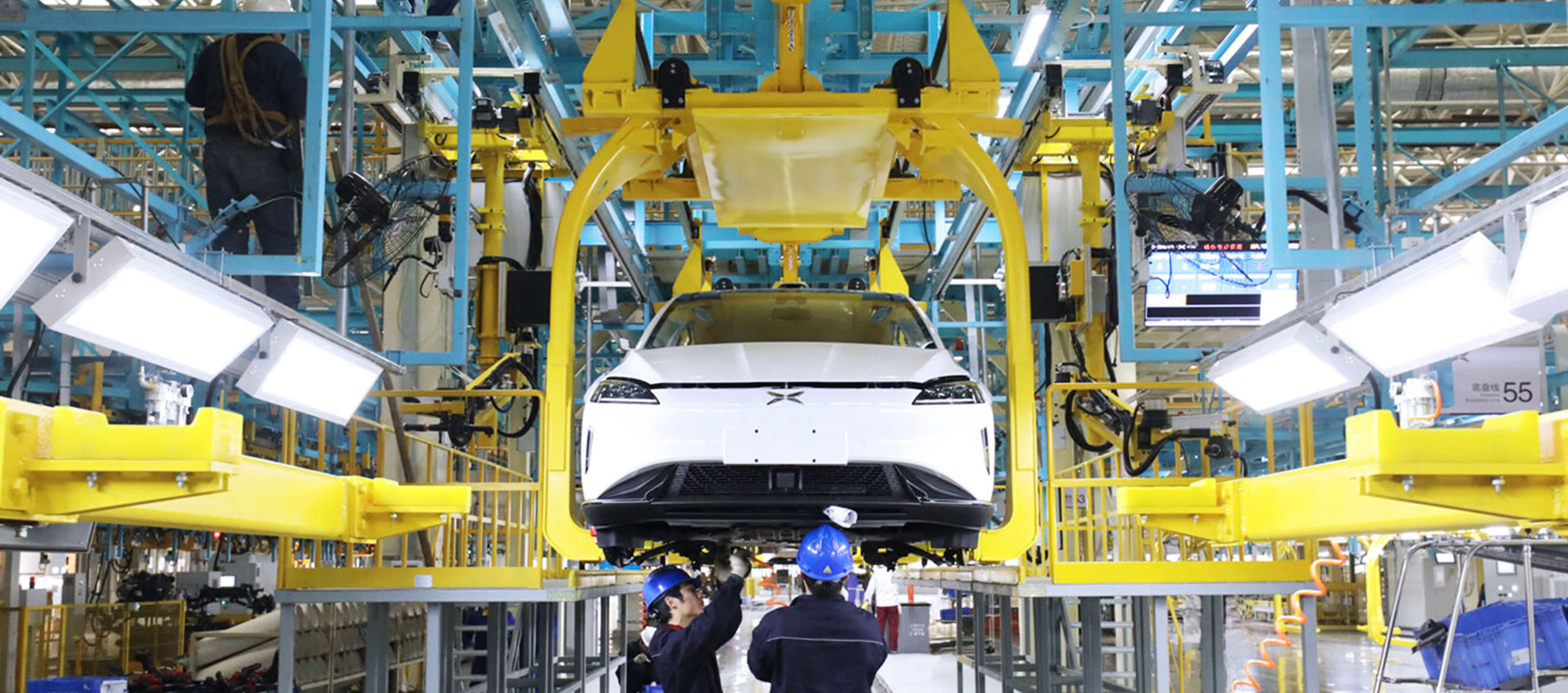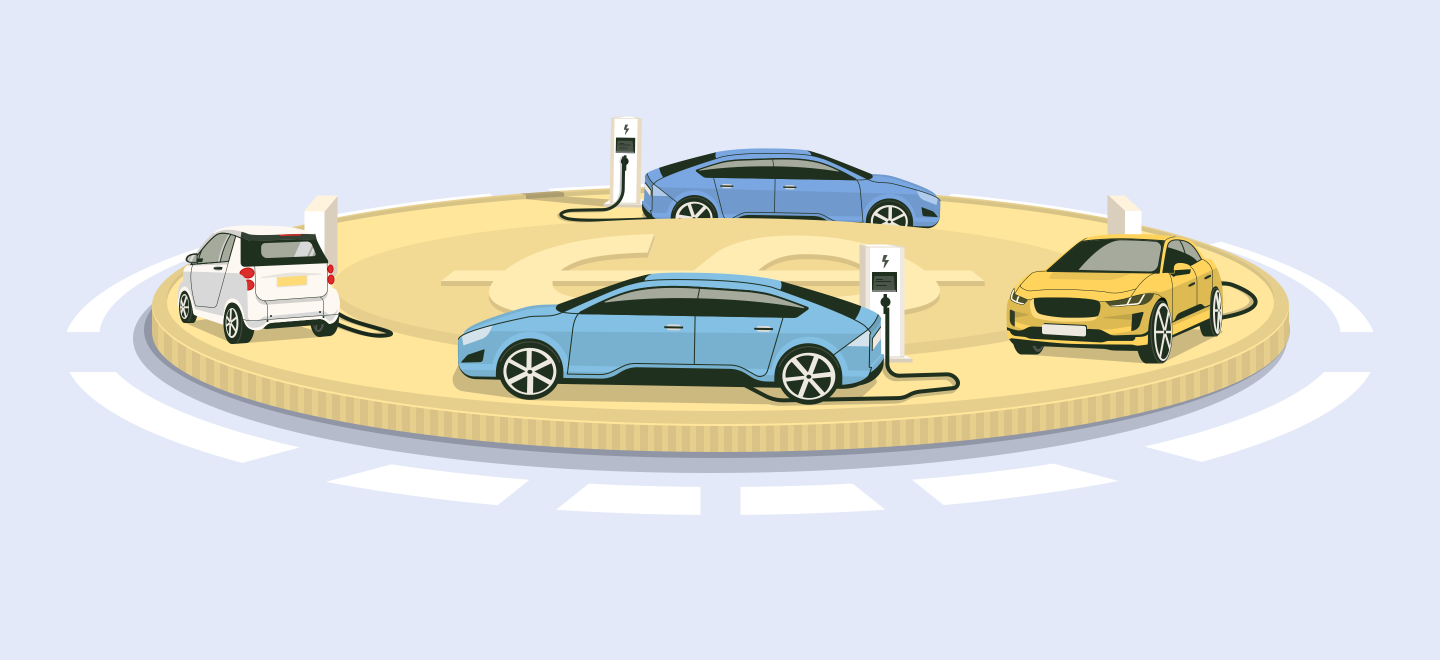When one thinks of the electric vehicle (EV) sector, Spain may not spring to mind immediately as a player, let alone a protagonist, but thanks to Barcelona-based Wallbox, this may soon be set to change.
With its two-phase €23m Series A funding round that wrapped up in May, Wallbox, a leader in EV charging, will further enlarge its already fast-expanding US and China operations. The news came soon after Wallbox announced a new €5m Barcelona-based plant to manufacture half a million chargers a year – welcome news as the Spanish economy is tipped for a major recession and a dearth of startup investment.
Wallbox, with the backing of major multinational energy players like Iberdrola, looks to shift the balance of power in the EV charger segment in favor of Spanish competitiveness. In the main, however, Spanish companies continue to have limited lead in the international vehicle or global charging station sectors, though homegrown companies are experiencing success in the latter segment.
The bumper financing was led by local VC Seaya Ventures, a backer of Glovo and Cabify, among other Spanish success stories, with participation from New York-based VC Endeavor Catalyst. The other major contributor to the round was Iberdrola, one of Spain's largest and most profitable companies and a perennial investor in clean energy tech via its €70m Perseo program. It led the first €15m stage of the round in June 2019. The investment also saw the continued participation of initial backers: all angel investors, including the Soler family who owns Quadis, one of the biggest car wholesalers in Spain.
China and Silicon Valley
Wallbox already sells its chargers in 40 countries worldwide from Australia to the United Arab Emirates, and, prior to Spain's lockdown beginning in mid-March, was just starting work on a €5m environmentally-friendly 11,000 m2 manufacturing plant in Barcelona. It also plans to add another 150 staff to its existing 200 and aggressively expand in the world’s largest EV markets of the US, China and Japan.
The startup had already entered the globe's two biggest economies in 2019, opening Wallbox FAWSN Charging Systems, a joint venture with auto parts maker, Changchun FAWSN, in China, where a factory with 100,000 unit annual capacity was opened. Last year also saw Wallbox open a Silicon Valley office to distribute its product throughout the US, Canada and Mexico, and, earlier this year, it won four awards for its chargers at the Consumer Electronic Show (CES) in Las Vegas, the world's biggest consumer tech show.
Wallbox registered sales of €9.4m in 2019 and has agreements with EV manufacturers Nissan, Smart, Mitsubishi, Hyundai, Kia, Mercedes-Benz, Jaguar Land Rover, BMW and Spain's SEAT as well as EV operators Iberdrola, Scottish Power and Octopus Energy. The company, now only half a decade old and headed by former Tesla engineer Enric Asunción, currently commercializes four varieties of charger, for both commercial and home use.
Perhaps most importantly, Wallbox's generic charging systems can be used for all brands of electric and hybrid vehicle, unlike say, Tesla's that only make native charging systems. Wallbox’s systems can recharge "up to 10 times faster" than conventional plugs.
The funding has arrived at just the right moment to make a crucial difference both in the domestic and international markets, which are forecast to experience exponential growth from 2022, when prices are anticipated to become competitive with gasoline-run vehicles. In its latest survey, Deloitte predicts that the global market will expand rapidly from 4m units in 2020, to 12m in 2025 and 30m half a decade later.
"We believe that innovators like Wallbox have an important role to play in the remodeling of the mobility sector in the coming years,” commented Beatriz González, Seaya's founder and director. Iberdrola's Global Head of Smart Mobility, Luis Buil, commented that the company's investment “shows how much we believe that sustainable mobility will be one of the key sectors in the post Covid-19 recovery”.
Paving the way for EVs
Whether in the domestic or corporate markets, in Spain, as in many other countries, the price of EVs compared to that of gas or diesel-fulled vehicles has simply not been competitive enough. This is set to change with progressively decreasing prices and a gradual phase-out of the more economical diesel-run vehicles, as well as a government incentive program called MOVES.
MOVES was introduced in March 2019. It provides €5,000 subsidies to owners of fuel-operated cars aged more than 10 to switch to EVs, as well as providing 40% reductions in the cost of installing EV charge points. The 2020 version of the program will see 40% more funding, or up to €65m provided in government subsidies, as well as the removal of the requirement to have a decade-old vehicle in order to access the €5,000 aid. The aim is to have five million EVs on the road in Spain in 2030.
Besides the current high price ticket, the other major barrier to higher EV sales has been short battery life. Recharges have usually been required every 50km at best. Iberdrola's partnership with the fast-charging Wallbox units could be a game-changer in boosting currently low uptake in Spain. In early 2019, there were only 63,000 EVs, of which just 25,000 were cars.
But, in 2019, Iberdrola announced a plan to install EV charging stations throughout Spain with facilities every 50km on all major routes, meaning guaranteed EV mobility right across the country. The plan will require setting up 25,000 charging stations by 2021. Besides investing in EV charging in shopping malls, restaurant chains and hotels, Iberdrola has signed agreements with almost all electric vehicle manufacturers' associations and dealerships.
Wallbox says that most charging stations will be located within existing petrol stations, at least initially, as they already are in the US and Norway. Within Spain, there are four main protagonists in this area, all local energy giants. They include Iberdrola itself, Endesa, EDP, with whom Wallbox has an agreement in Portugal, and Repsol, each one fighting for its share of the EV sector.
Wallbox has been working since 2017 with Endesa, a company that is focussing on expanding charge points in car parks, malls and with existing gas companies like Galp. EDP is also focused on commercial locations and is building a network of charging stations nationwide where Wallbox's one-size-fits-all tech could be employed.
Repsol has Spain's largest network of gas stations, with more than 3,400 own-brand locations. It has installed 230 charging points, of which 35 are fast charge points using IONITY chargers, a brand of automakers BMW, Daimler, Ford and Volkswagen.
Installation game on
Wallbox CEO Asunción's objective is “not to be the biggest but the best” and there is plenty of competition domestically from companies like V2C and Emovili. V2C is a Valencian company, rather confusingly called WallboxOK until March 2020. The company's multi-brand compatible range includes portable, wall-fitted and semi-fast chargers for commercial and personal use with mobile control.
Founded in 2013 by industrial engineer Victor Sanchis Valero, V2C has expanded to 11 countries, sold more than 1,200 products and has prominent customers including TMB, Barcelona's public transportation company responsible for its entire bus fleet; Acciona, an energy and infrastructure company; as well as Endesa.
V2C recently entered the electric scooter vertical. Sanchis is also co-founder and CEO of LugEnergy, a Spanish EV recharge installation and supply company that, since its founding in 2012, has set up thousands of EV charge points across Spain and Portugal. It immediate future could be significantly boosted by the startup's experience in taking on the bureaucracy of applying for government subsidies for charge point installations: it secured more than 300 in 2019.
It has mostly installed wallbox units – meaning those built into a wall, not stand-alone, and not to be confused with the brand of the same name. The overwhelming majority of the charging locations are in communal garages such as those for a block of flats, with more than 4,000 points in Spain and Portugal.
Individual charging points are the company's second-biggest business proposition, with more than 3,000 installed across Iberia, and prices from €750 per setup. Its third business area is corporate charge points in private company installations, with over 800 installed to date. Charge points can dispense current on a metered or open system according to preference. Besides V2C technology, LugEnergy installs international leading brands of chargers such as the German Mekkenes. It also has chargers for electric scooters.
An app opportunity
Another Spanish company making an impact in the business of charging station installation is Emovili. It is also a market leader in the number of points installed in Spain, though it does not have native technology and installs brands such as Wallbox in others' EV stations, such as Iberdrola’s and EDP’s.
The Madrid-based startup, established in 2017, has to date installed more than 1,900 charge points in companies, private homes and on highways, with prices from €500. The company has a market share of 14% in Madrid and 6% nationally and has plans to expand to Portugal. It offers free internet whilst charging is done and has also launched a roadside assistance service costing €99 annually.
Another opportunity in the EV sector is for smart platforms providing information on charge points and allowing access to different providers' charging facilities.
Place to Plug is a Catalonian startup established in 2015 that connects EV drivers with more than 60,000 public and private charging stations worldwide. It has a native recharging app that facilitates collaborative economies across smart cities by letting users locate and share available sockets. For charging station owners and operators, it has an AI-powered control center that manages multiple charging points remotely as well as an interoperability platform to aggregate external public and private charging stations that are not controlled by the company.
The platform allows integration with third parties’ systems, apps and websites, providing a way to exponentially integrate different operators and manufacturers, essential for a sustained EV boom across Spain and other markets.














